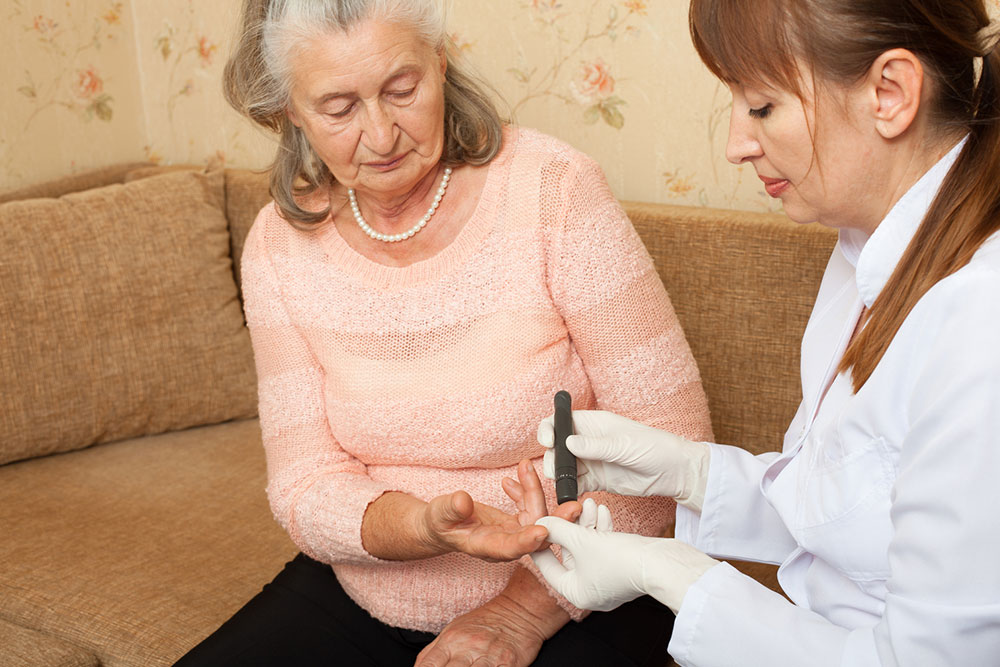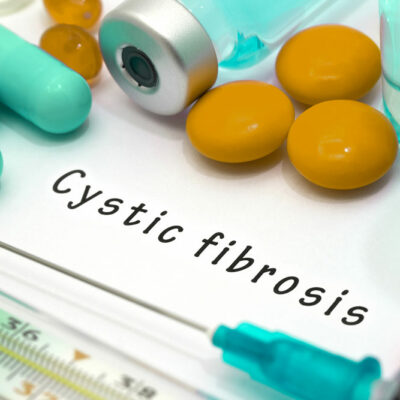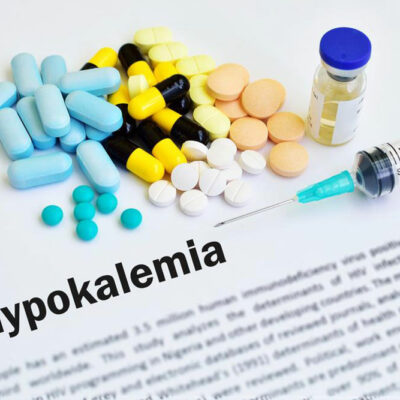
Diagnosis and treatment of diabetes
Diabetes is a condition that manifests due to an imbalance of insulin in the body. Although diabetes is a common ailment, it is a serious one and should never be ignored or taken lightly as this can trigger a number of other health issues, including many cardiovascular diseases.
In the early stages, diabetes may or may not showcase any symptoms, consequently making it difficult to be diagnosed. If you experience any early symptoms of diabetes, you should immediately consult your healthcare expert. They may prescribe one of the many tests available to confirm the diagnosis of diabetes:
- Plasma glucose test : This is a fasting test that should be conducted at least eight hours after you have eaten.
- Oral glucose tolerance test : This test is also conducted in order to measure the blood sugar levels in the body. For this, you need to go without food for at least eight hours and without a glucose infused beverage for at least two hours.
- Random plasma glucose test : This test is conducted irrespective of the time when you last consumed your meal or a beverage.
- A1c test : This is a blood test that offers complete information about a person’s average blood sugar levels over a period of two-three months before the test.
- Urine test : This test is used if the doctor suspects that you might have type 1 diabetes. The human body starts producing ketone if the fat tissues are used for energy instead of blood sugar. A urine test can be used to check the number of ketone bodies present in the urine.
Treatment for diabetes
There is no cure for diabetes as of yet, but diabetes can be treated and kept under control. The main aim of treatment is to avoid and prevent complications, while also maintaining a good quality of life.
Certain lifestyle changes are important to keep the acute complications linked with diabetes at bay. A balanced diet and active lifestyle that involves regular walks or a scheduled exercise regimen go a long way in managing this chronic disorder. It is imperative that patients suffering from diabetes should monitor their sugar levels themselves at least thrice a day using a glucose monitor.
Some tips that can help manage diabetes are:
- Avoid beverages that contain sugar such as soft drinks, artificial juices, and so on.
- Avoid alcohol consumption completely since it is known to accelerate blood sugar and the carbohydrate levels in the body.
- Avoid food products such as corn, soya, and packaged food products with preservatives.
- Consume fiber-rich foods such as avocado, broccoli, berries, green beans, flax seeds, spinach, and almonds.
- Include fish oil in your diet since it helps regulate the insulin in the body.
- Certain herbal formulations in Ayurveda are also considered to be effective in controlling high blood sugar levels.
For people suffering from type 1 diabetes, the intake of insulin, whether orally or through intravenous injection, is deemed necessary in most cases.


